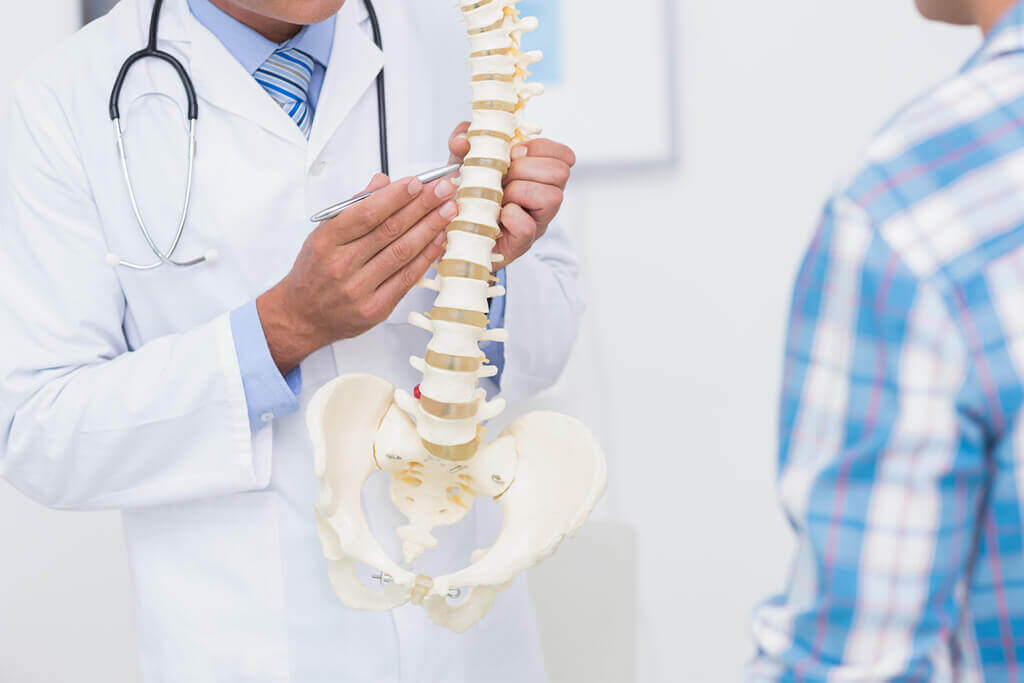Mitral Valve Prolapse (MVP)
Introduction
Anatomy
Causes
Symptoms
Diagnosis
Your doctor may order a chest X-ray, magnetic resonance imaging scan (MRI), or computed tomography (CT) scan to view an image of your heart. An electrocardiogram (ECG) is used to record your heart’s electrical activity and detect abnormal heart rhythms. An echocardiogram uses sound waves to produce an image of the heart on a monitor. Doppler ultrasound also uses sound waves and can use an enhanced color system to view the heart as it is beating. Cardiac catheterization involves inserting a long narrow tube through a blood vessel into the heart to see how it is working.
Treatment
Prevention
Am I at Risk
You may be at risk for MVP if other members of your family have the condition because it can be inherited. People that are born with a hole in their septum or chest wall deformities may also be at risk. People with Marfan’s syndrome or Graves Disease may have an increased risk for developing MVP.Complications

Copyright © - iHealthSpot Interactive - www.iHealthSpot.com
This information is intended for educational and informational purposes only. It should not be used in place of an individual consultation or examination or replace the advice of your health care professional and should not be relied upon to determine diagnosis or course of treatment.
The iHealthSpot patient education library was written collaboratively by the iHealthSpot editorial team which includes Senior Medical Authors Dr. Mary Car-Blanchard, OTD/OTR/L and Valerie K. Clark, and the following editorial advisors: Steve Meadows, MD, Ernie F. Soto, DDS, Ronald J. Glatzer, MD, Jonathan Rosenberg, MD, Christopher M. Nolte, MD, David Applebaum, MD, Jonathan M. Tarrash, MD, and Paula Soto, RN/BSN. This content complies with the HONcode standard for trustworthy health information. The library commenced development on September 1, 2005 with the latest update/addition on February 16, 2022. For information on iHealthSpot’s other services including medical website design, visit www.iHealthSpot.com.


